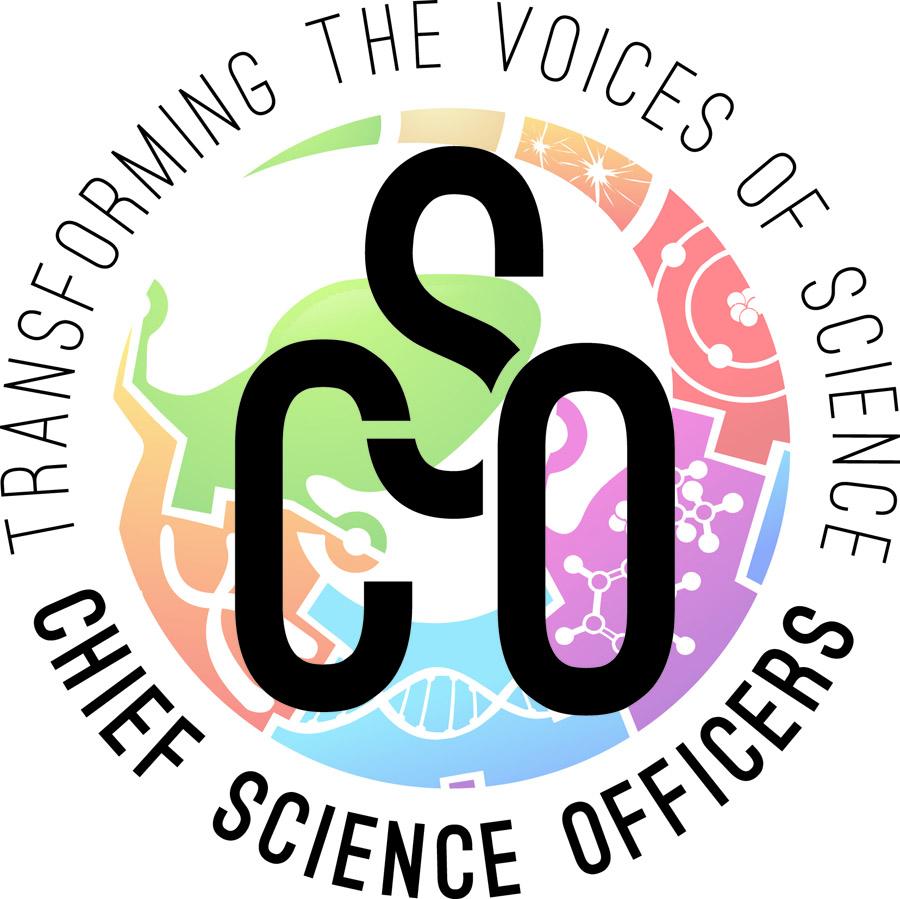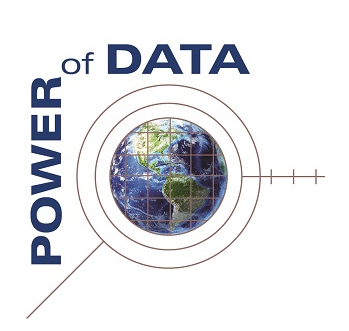Connecting Indigenous Culture and Integrated STEM in Hawaii Through Smart AgTech
Aquaculture is an important part of Native Hawaiian heritage and culture. Fishponds were essential for community food production and held special cultural significance. Land use was managed through a traditional approach called the Ahupua’a system. Each ahupua’a was self-sufficient for the community it served and stretched from the reefs of the shoreline (makai) to the mountain ridges above (mauka). Native Hawaiians began revival of their cultural heritage over the last 50 years, including restoration of ancient fishponds and methods used to cultivate food.

